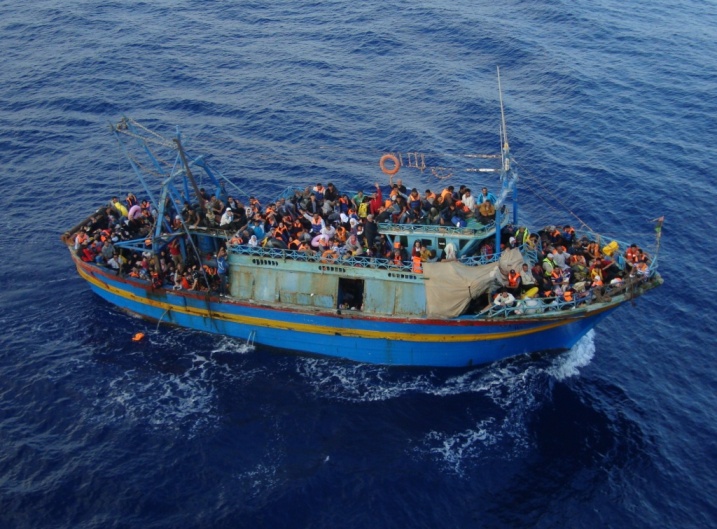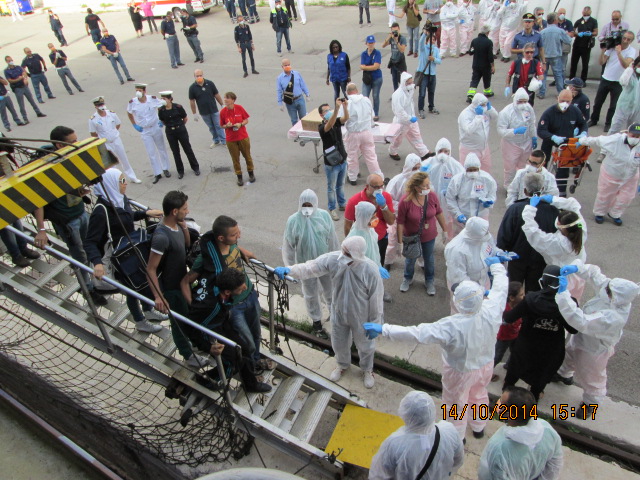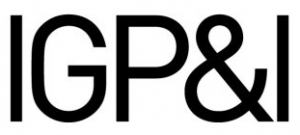
It appears there will be no end to rescuing refugees at sea in the foreseeable future. This Insight focuses on how Gard can assist its Members and clients in a refugee situation.
Published 28 May 2015
Background
These tragic situations involve human beings in desperate need of rescue. They are without food or water on overcrowded boats or rafts, often on the verge of sinking. Historically, the unwritten law of the sea requires vessels to assist others in distress. Moreover, based on several international conventions there is an obligation to do so and Gard encourages and supports its Members and clients to meet these obligations. When rescuing refugees at sea, ship owners and operators are faced with the situation of having potentially several hundred extra people on board one of their vessels, substantial extra costs and delays.
A rescue may be in response to a request from a Maritime Rescue Coordination Centre or Coast Guard, or to an actual sighting of a refugee boat at sea. Gard has been involved in some 70 cases involving refugees over the last three years. In a number of these cases, despite providing assistance, Members and clients have been heavily criticised for not picking up the refugees - even when their ship remained at the scene. Gard offers support to Members and clients in these situations through both P&I insurance cover and local assistance.
P&I Cover
The cost categories in connection with refugee cases typically include:
diversion
victualing
medical supplies
port charges
tugs
disinfection etc.
Cover for these costs will be available under Gard Rules 31 and 32. It should be noted however, that P&I will only cover costs which cannot be compensated by another party. In addition, cover is subject to the deductibles agreed in the vessel’s terms of entry.
1. Diversion expenses – Gard Rule 31
In most rescue cases diversion will involve the highest costs and includes various types of expense.
Bunkers
Fuel usually represents the main extra cost item and cover is available. This includes not only extra bunkers consumed for the additional distance steamed but also for any increased speed. In most cases this involves the bunker consumption from the time the ship diverts to search for or pick up refugees until the refugees have disembarked and the ship is reasonably back on course to its original destination.
Wages
Cover is available for the cost of extra wages. This includes the payment of overtime to crew members who take part in searches or are required to work long hours due to refugees being on board. Wages paid to crew members for the extra time taken by the ship to complete its original voyage as a result of the diversion fall outside cover.
Stores and provisions
Extra consumption of any kind of ship stores, such as lubricating oil, electric components etc., is covered together with extra food, beverages etc. by the crew (similar costs relating to refugees are covered under Rule 32).
Port charges and tugs
If the ship is required to divert to disembark refugees, then cover is available for any port charges and tug costs.
Not covered
Cover is available only for the items listed in Gard Rule 31. Consequently, items such as loss of hire or freight fall outside the scope of this Rule.

Cover is available for “costs and expenses directly and reasonably incurred in consequence of the Ship having… refugees…on board”. Additional costs can be incurred maintaining refugees on board and may continue even after the ship has reached port. Such costs will be covered to the extent a Member or client is liable.
These costs include victuals, medical supplies, guards, disinfection etc. Although, uncommon in connection with refugees in the Mediterranean, costs may include custody, immigration and repatriation. This list is not exhaustive, so Members and clients should contact Gard’s People Claims Team with any questions.
Loss of profit or depreciation as a consequence of taking refugees on board are not covered.
Cover is also available under Rule 47 for any fines which are imposed on a Member or client as a result of any refugees escaping from the ship in port.
Documentation
Supporting invoices and/or calculations should be submitted together with a claim for reimbursement under the P&I policy. With respect to diversion and bunker compensation we require a chart showing the diversion along with a copy of the bunkers invoice and calculation of consumption during the diversion.
Other assistance
In addition to cover, Gard offers assistance through its network of local correspondents who work in close cooperation with a ship’s agent. In Gard’s experience of the Mediterranean, most refugees have been disembarked in Italy, typically Sicily. As a result of the high number of cases over the last few years, Gard’s correspondents in certain ports have now gained vast experience. Disembarkation and disinfection can usually carried out efficiently and without delay

Recommendation
Contact Gard once involved in a search and rescue operation. Gard will provide guidance on cover and do its utmost to ensure a smooth and efficient disembarkation. This will benefit the refugees and limit the delay to the ship. Gard’s local correspondent may also be contacted direct to save time.
For further information relating to refugee situations see:
Gard Alert: Readiness for rescue at sea more important than ever
Gard Alert: Rescuing refugees at sea
Questions or comments concerning this Gard Insight article can be e-mailed to the Gard Editorial Team.




